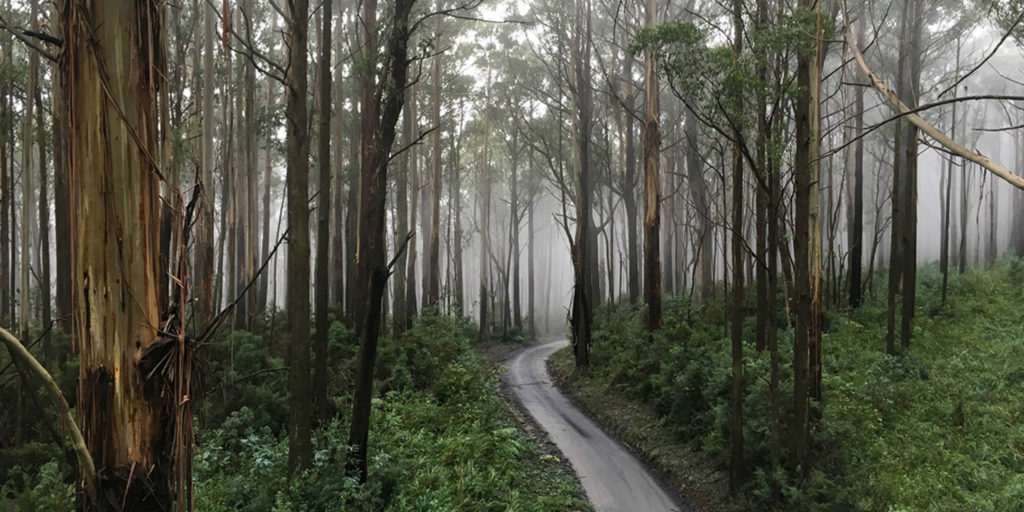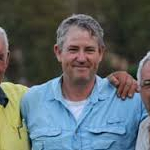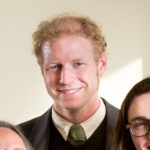Victoria’s Regional Forest Agreements: The Productivity of Forest Ecosystems

*Livestream available from about 1:30pm on the day from the Royal Society of Victoria’s Facebook site: https://www.facebook.com/royalsocietyvictoria/ *
Join us for the third in this series of public lectures presented with the Department of Environment, Land, Water and Planning, looking at the scientific evidence base informing the modernisation of Victoria’s Regional Forest Agreements. This time we’re on the road and convening a community briefing in Lilydale, thanks to the generous support of our hosts at Box Hill Institute and the Yarra Ranges Tech School.
The Victorian Government is investing in science and data to better understand the range of forest values in Victoria and the systems and processes which underpin forest management planning and decision making. Over the next four years, the Victorian Government will be partnering with Traditional Owners, and engaging with Victorian communities and stakeholders, to inform the modernisation of Victoria’s Regional Forest Agreements (RFAs) and the forest management system they accredit.
You will hear from scientific experts leading the assessment of Victoria’s public forest values and join the panel discussion to follow.
At this lecture, Dr. Bill Jackson will first present on the findings for the “Independent Consultation Paper: Modernising the Victorian Regional Forest Agreements,” which provides an explanation of what the Victorian RFAs are, how they operate, and how effective they have been. The Independent Consultation Paper also identifies areas that may be improved in the future.
Further speakers will be addressing Criterion 2 of the Commissioner for Environmental Sustainability’s State of the Forests Report, “Maintain Productive Capacity of Forest Ecosystems.” This criterion assesses the area and percentage of forest available and suitable for wood production, the volume of wood suitable for timber, the balance of state forest harvesting with sustainable harvest levels, the annual production of non-wood forest products and the proportion of timber harvest areas successfully regenerated.
About the Speakers:
 Dr Bill Jackson – Findings from the Independent Consultation Paper – Modernisation of the Victorian Regional Forest Agreements
Dr Bill Jackson – Findings from the Independent Consultation Paper – Modernisation of the Victorian Regional Forest Agreements
Dr William (Bill) Jackson is an independent environmental consultant with extensive experience in forest conservation, protected area management and community development. Dr Jackson runs his own company Intellagama Pty Ltd, and is an adjunct Professor at the University of the Sunshine Coast.
The Independent Consultation Paper – Modernisation of the Victorian Regional Forest Agreements was authored by Dr Jackson, who was appointed to develop the Independent Consultation Paper that would provide an overview of the RFAs performance to date and form the basis for community feedback. The paper provides an explanation of what the Victorian RFAs are, how they operate, how effective they have been, and identifies areas that may be improved in the future.
He held the positions of Chief Executive of Parks Victoria and Director of National Parks for the State of Victoria from late 2010 until June 2015. Prior to his appointment to Parks Victoria, Dr Jackson was Deputy Director General of the International Union for Conservation of Nature (IUCN). He helped establish the general direction and strategy for the Union and provided top-level direction for the implementation of IUCN’s conservation program worldwide. Dr Jackson previously held various positions in the IUCN including Director of the Global Program and Head of Forest Conservation. During his 13 years with the IUCN, Dr Jackson worked on a wide range of conservation and development issues in developing countries in Africa and Asia.
 Mr Braden Jenkin – Wood+: Insights and lessons from an analysis of the history of planted trees in Australia
Mr Braden Jenkin – Wood+: Insights and lessons from an analysis of the history of planted trees in Australia
Braden Jenkin has over 30 years’ experience in domestic and international commercial forestry, from the smallest scale producers through to large-scale global corporate operations. His work has been undertaken in South Africa, Europe, the UK, India, PNG and New Zealand and has included significant consultation and interactions with markets, processors, trees growers and agriculturalist with a focus on supply chains and financial models. A specific area of activity has been the commercial arrangements and structures of tree growing involving multiple parties including small scale growers. Braden holds a BSc (Forestry), a Grad. Dip. of Managements and an MBA. He is an Honorary Fellow of the University of Melbourne, a Gottstein Fellow and a Member of the Institute of Foresters of Australia and the Australian Forest Growers.
 Dr Tom Fairman – Testing Tolerance: Frequent high-severity wildfire and regeneration of temperate eucalypt forests
Dr Tom Fairman – Testing Tolerance: Frequent high-severity wildfire and regeneration of temperate eucalypt forests
Tom Fairman is a forest carbon and climate change specialist, with a diverse range of professional experience crossing urban forestry, forest policy and fire ecology. His PhD research focussed on forest health and vulnerability, specifically examining the ecology of temperate eucalypt forests and the effect of increasingly frequent high-severity wildfires.
 Professor Patrick Baker – Challenges and opportunities for Victorian native forest silviculture in the 21st Century
Professor Patrick Baker – Challenges and opportunities for Victorian native forest silviculture in the 21st Century
Patrick Baker is a Professor of Silviculture and Forest Ecology at the University of Melbourne and a former Australian Research Council Future Fellow. His research focuses on the dynamics of species-rich native forests. He has a Masters from Yale University and a PhD from the University of Washington. He has worked and conducted research in forests for 30 years including for the US Peace Corps in North Africa, the Harvard Institute of International Development in Thailand, and The Nature Conservancy and US Forest Service in Hawaii.










